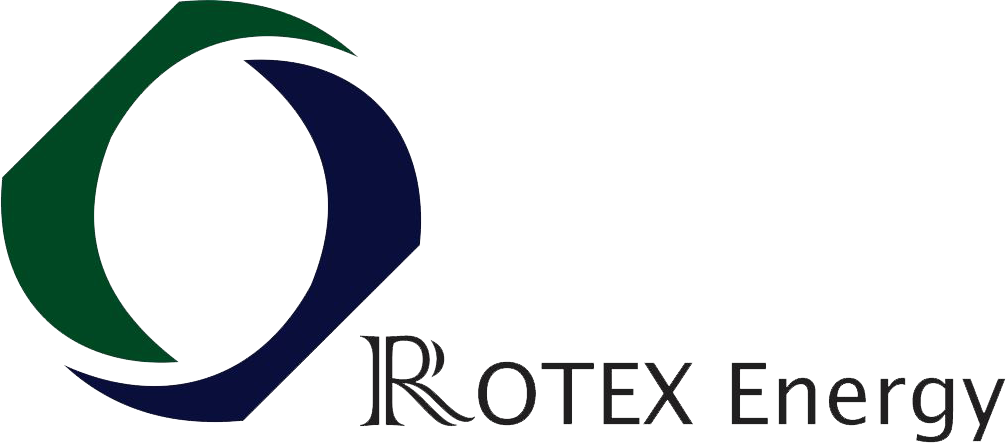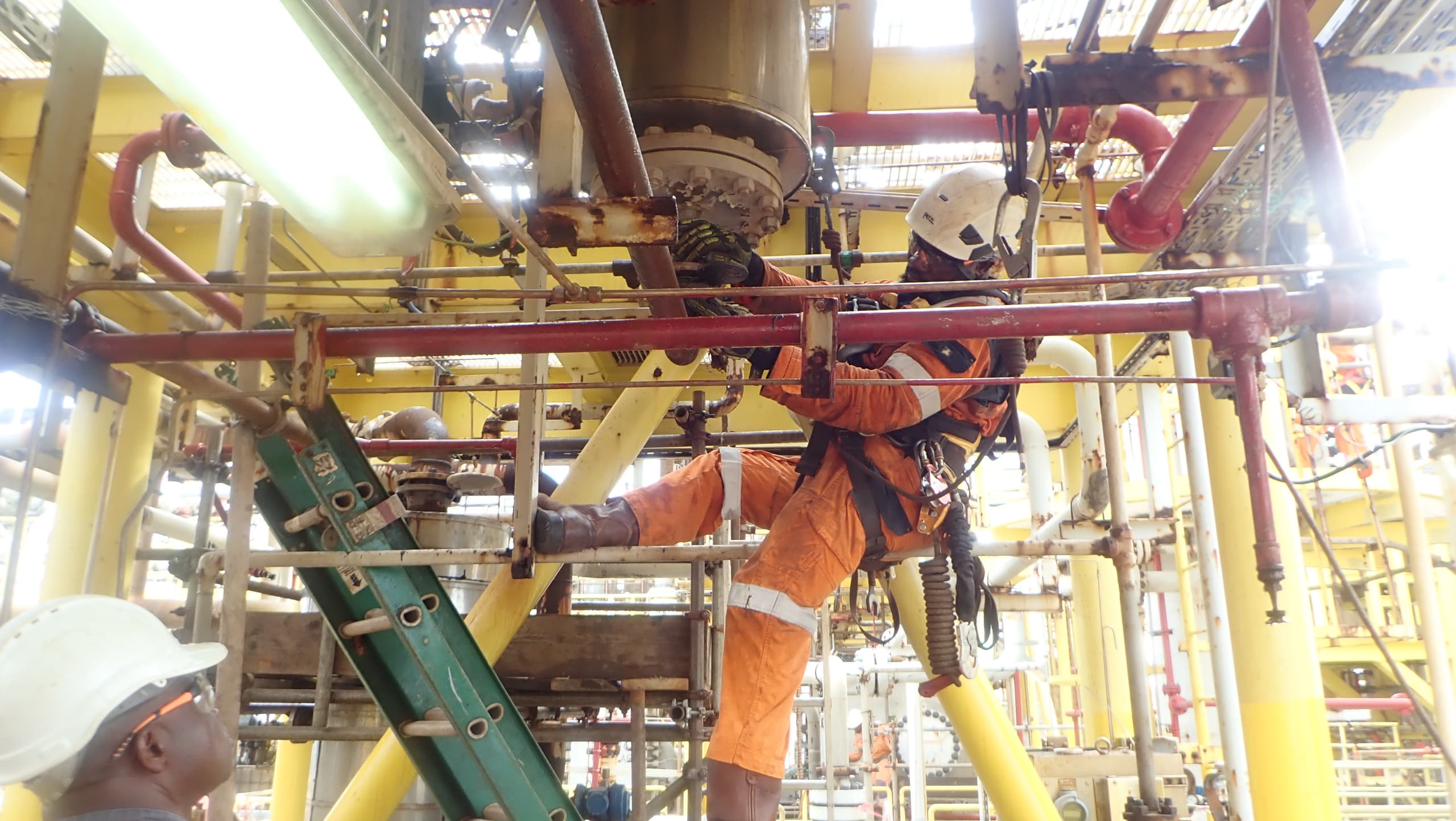ALTERNATING CURRENT FIELD MEASUREMENT
POSITIVE MATERIAL IDENTIFICATION (PMI)
IN-SERVICE INSPECTION (PRESSURE VESSEL & PIPING)
The IRIS is an ultrasonic method used for the non-destructive testing of pipes and tubes. Globally plant operators in the oil, gas and refining industries are faced with the challenges of maximising the efficiency and life expectancy of their assets but without sacrificing safety and reliability. Therefore accurate inspection of vital components such as pipes and tubes is crucial to ensuring the integrity of the plant.
Internal Rotary Inspection System (IRIS) can detect corrosion, pitting and wall loss and is most commonly used for tube inspection in boilers, heat exchangers, air coolers and feed water heaters. It is particularly versatile as it is suitable for both ferrous and non-ferrous materials, and IRIS can be used on a wide range of tube diameters and wall thicknesses.
An IRIS probe is inserted into a tube flooded with water. The probe is fitted with a transducer that generates an ultrasonic pulse along a path parallel to the axis of the tube. A rotating mirror directs the ultrasonic pulse into the tube wall. The mirror is driven by a small turbine that is rotated by the pressure of water pumped into the tube.
The ultrasound pulses are reflected by the inner-diameter (ID) wall and outer-diameter (OD) wall of the tube and the time of flight difference between the two diameters is used to calculate the wall’s thickness. As the IRIS probe is pulled, the spinning motion of the mirror results in a helical scan path ensuring full coverage of the tube.
Why use IRIS include?
- Sensitivity to both internal and external defects
- Defect position can be located in relation to tube length
- 100% coverage of the tube
- Results data storage
- Suitability for ferrous and non-ferrous materials
- Detection of corrosion, pitting and wall loss
- Accurate wall thickness measurements
Rotex Energy are able to provide a complete service to inspection storage tanks. Inspections can be undertaken to meet the requirements of API. We have experienced qualified Technicians to perform the inspection. Rotex Energy carry out the tank NDT inspections utilising the latest specialist and conventional NDT techniques.
NDT Techniques currently utilised on tank inspections include:
• Magnetic Flux Leakage (MFL)
• Remote access ultrasonic crawler
• Ultrasonics – (Conventional and Specialist)
• Magnetic Particle Inspection (MPI)
• Dye Penetrant Inspection (DPI)
• Eddy Current
• Alternating Current Field Measurement (ACFM)
• Acoustic Emission
Rotex Energy are willing to visit individual sites to discuss tank inspection requirements, advise on the preparation needed for inspection and to assist preparing a tank inspection programme. We can carry out external and internal inspections to meet customer demands.
On completion of the tank inspection we will produce a detailed report for each individual tank, the reports contain CAD drawings and tables to aid easy interpretation of results. The report will provide a thorough condition report of the tank, recommending any repairs/alterations needed to ensure the tank is acceptable to the relevant standards. To assist in future planning we can also provide the client with a programme of when the next inspection will be due for each tank.

